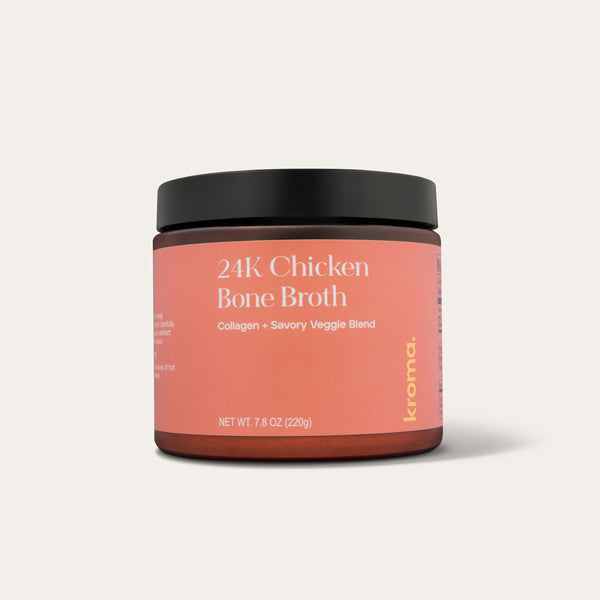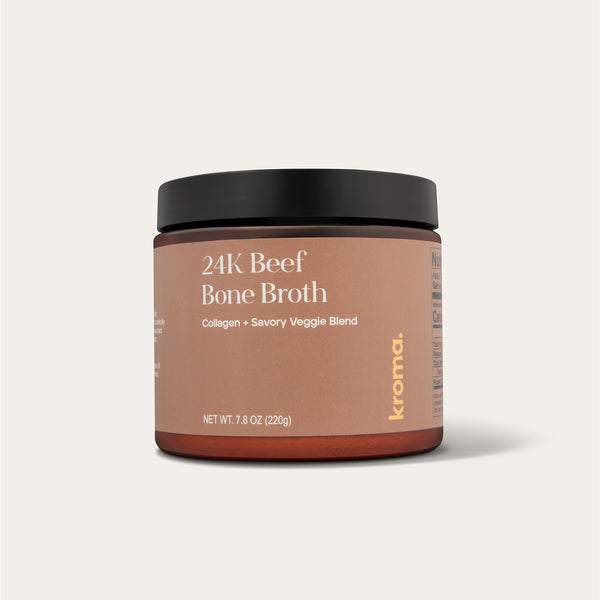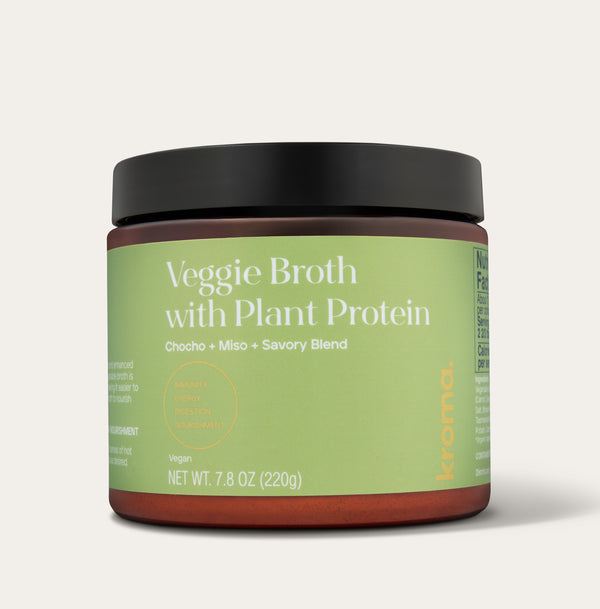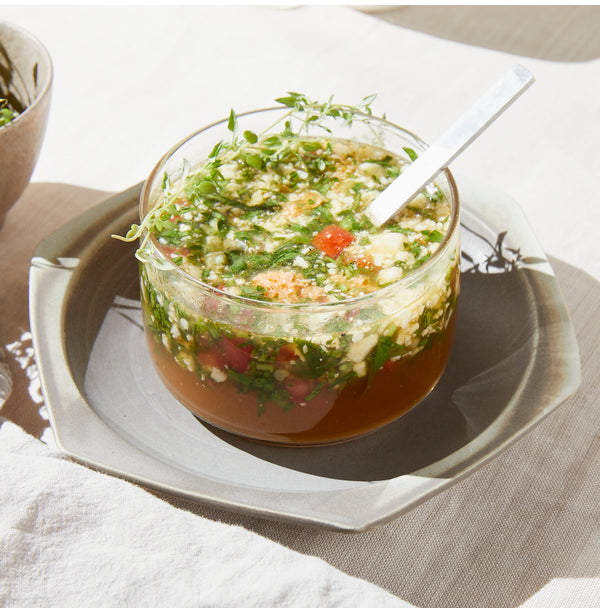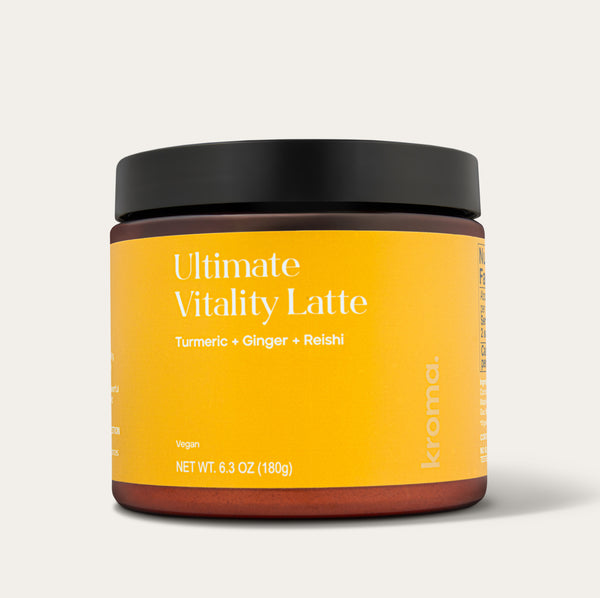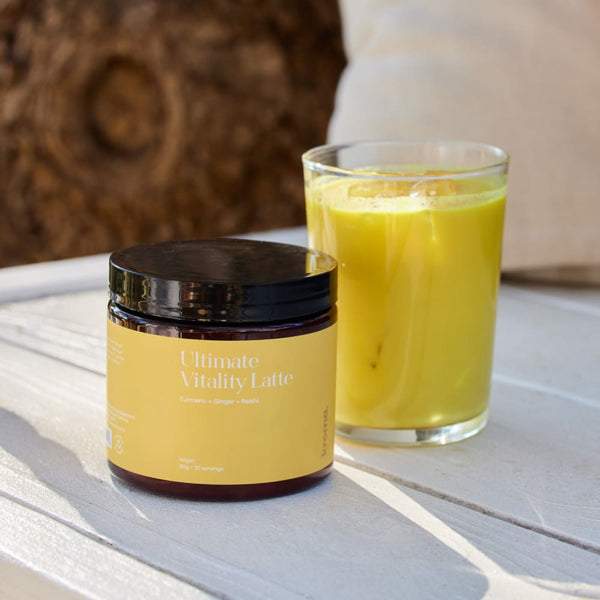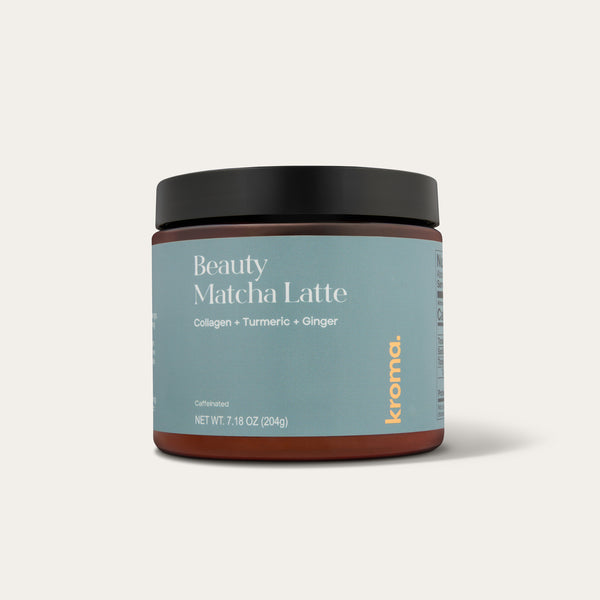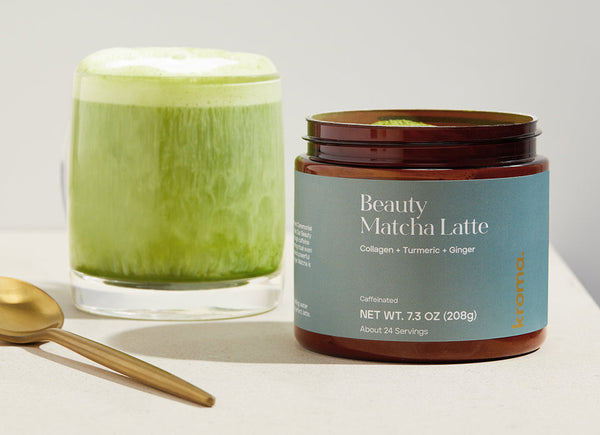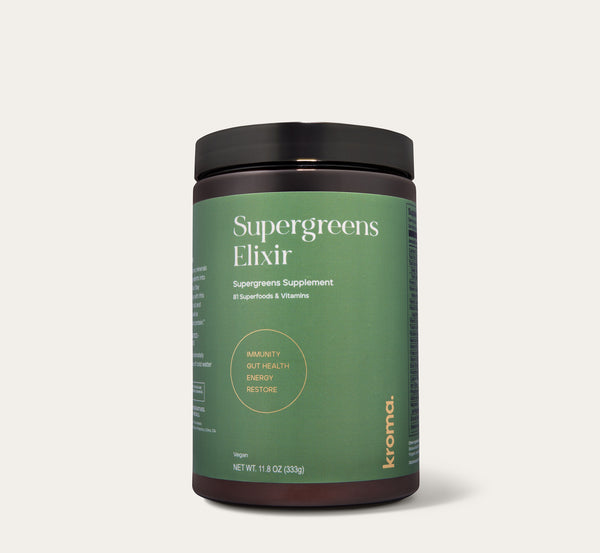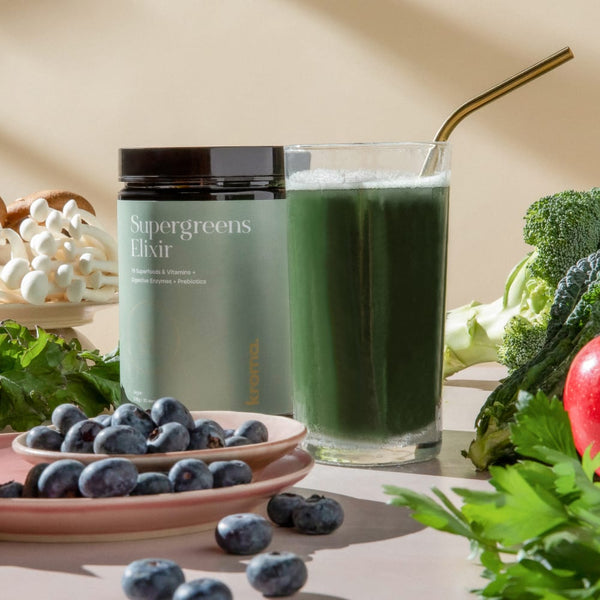We have heard it time and time again, gut health is crucial for the overall health of the body. With gut health being so important, it can feel overwhelming to know what foods to eat and how to make lifestyle changes to support gut health.
That is where we come in. We are here to let you know about five of the best foods to eat and also lifestyle changes that can boost gut health.
What Is Gut Health?
Gut health incorporates all the different functions within the gastrointestinal tract, including the esophagus, stomach, and intestines. It also includes the gut microbiome. The microbiome includes the over 100 trillion microorganisms (bacteria, viruses, and fungi) that live in the body. The gut microbiome is often called a supporting organ, because it is vital to the overall health of the body.
For optimal gut health, all of these organs and the microbiome need to function harmoniously with each other. One of the easiest ways to know if your gut is functioning properly is by having regular bowel movements. Lack of bloating and gas can also be signs your gut is functioning properly.
Why Is Gut Health So Important?
When a gut is healthy, it is able to digest the foods we eat more efficiently. While digesting, it is able to absorb all of the nutrients of the foods and send them out to the rest of the body. Gut health can support brain health, mental health, heart health, and metabolic function.
The gut is also home to 70% of the immune system, and it is believed that the bacteria in our gut educate the immune cells. By prioritizing the health of the gut microbiome, the immune system is directly affected in a very positive way to support full-body health.
Which 5 Foods Can Help Boost My Gut Health?
There are many ways to boost gut health, but the most important way is to eat a whole-food diet free of trans fats, highly processed foods, sugary foods, and fried foods. These foods can reduce the amount of good bacteria and add to the bad bacteria in the gut.
There are some specific foods you can eat to help boost gut health, like bone or veggie broth, fruits and veggies, turmeric, and green tea.
Here are our top five foods for gut health, many of which are found in our 5-Day Reset.
Bone Broth

Bone broth is a nourishing broth that is made from the bones, joints, and knuckles of animals. By reducing these bones down in a broth, collagen is pulled out, along with other nutrients like vitamins, minerals, and fatty acids.
The walls of the gut should form a tight barrier. When the gut microbiome is not balanced and the bad bacteria have outnumbered the good, the barrier can loosen, causing tiny cracks in the intestinal walls. These breaks in the barrier, although small, can allow undigested food, toxins, and different bacteria to release into the body.
One way to mend the intestinal walls is by consuming collagen from bone broth, or consuming collagen-promoting ingredients in vegetarian bone broth (though the benefits will not be as robust).
Veggie Broth

If you are a vegetarian or vegan, a healing broth can still be in your toolbox for a healthy gut. A good veggie broth is made with an assortment of vegetables, usually starting with onion, carrots, and celery.
To make a broth full of different vitamins and minerals, make sure to add veggies of all colors, mushrooms, kelp, herbs, and seasonings like turmeric, garlic, ginger, and black pepper.
Veggie broth is filled with fiber, vitamins, and minerals. Antioxidants like vitamins C and E are both shown to protect the gastrointestinal tract. Broccoli, mustard greens, beet greens, and spinach are all high in vitamins C and E. Zinc helps to strengthen the intestinal walls and can be found in kale, mushrooms, and garlic. Sweet potatoes, peas, and collard greens are high in iron, which is an anti-inflammatory and helps to reduce bad bacteria.
Fruit

Like veggies, fruit is full of nutrients such as vitamins, minerals, and fiber. Fruits contain prebiotics, which are special fibers that are used as food for good gut bacteria. When the good bacteria ferments these fibers, you are left with short-chain fatty acids. These short-chain fatty acids help to increase the good bacteria in the body and can be used as energy.
Fruits that are high in fiber, like bananas, berries, apples, and watermelon are also high in prebiotic fibers. To ensure you are getting enough fruit in your diet, you can make a smoothie as a morning or afternoon snack.
Superfood Lattes

Another way to support gut health is through golden milk lattes. These lattes have been around for thousands of years. Made by steeping turmeric (which provides the golden color), ginger, warm spices (like cinnamon and nutmeg), and black pepper in nut milk, this tea is delicious and nourishing.
Although the black pepper may seem strange, it helps the turmeric absorb into the body. Both ginger and turmeric, the main ingredients of this tea, are known to support the gut. Ginger is often used to ease gastrointestinal discomfort, like nausea or diarrhea.
Green Tea

Green tea is thought to be the healthiest tea, with the highest amount of polyphenols and antioxidants. Matcha, a type of green tea, is thought to be the healthiest of all the green teas, and you can get it in a deliciously nourishing latte with Kroma’s Beauty Matcha Latte.
Either one you choose to drink, they are both great for gut health. Green tea has been shown to improve the microbiome and act as a prebiotic. This is especially true for people who eat high fats or have poor metabolic function.
What Else Can I Do To Support My Gut Health?
While supporting your gut through a whole-food diet is crucial, there are other lifestyle changes you can incorporate to support your gut health as well.
De-Stress
Stress releases a chemical called cortisol, and it can actually change the way we digest and absorb food. It can also weaken the intestinal lining. Reducing stress sounds easier said than done, right?
It's true, we live in a stressful time, but there are ways to take a step back and reduce stress. A few suggestions are to practice mindfulness, learn to say no to the things you really do not want to do, and take time for things that bring you joy.
Exercise, Especially Yoga and Stretching

Food isn’t the only way to balance the gut microbiome. Exercise can directly impact the microbiome and can benefit weight maintenance and metabolic function.
You do not have to start a high-intensity workout tomorrow to get these benefits. If you are new to working out, start with something a little less intense, like walking, yoga, or stretching. You will feel better all around, and your gut will be thanking you.
Get Restful Sleep

It has actually been found that people who get better sleep have a better microbiome.
So, how does one get better sleep? One way to work on your quality of sleep is to put in place a routine at night so your body recognizes the signs for sleep. Turning off screens 30 minutes before bed helps to relax your eyes and brain.
Doing other things like practicing meditation, sipping on warm, relaxing herbal tea, and reading a book can all be things to add to your bedtime routine. Prioritizing sleep is crucial for gut health.
Cut Back On Sugar
Sugar, especially heavily processed sugar or high-fructose corn syrup, is highly disruptive to the microbiome. It may decrease the number of good bacteria in the gut, which can cause sugar cravings, and now you are in a vicious cycle.
Artificial sugars are not any better (they actually do the same thing) and can even turn good bacteria into bad bacteria.
Find ways to add a little sweetness to your life by adding whole-food sweeteners, like maple syrup, monk fruit, or lucuma.
Stay Hydrated

There is a lot of talk these days about intermittent fasting. This is when you do not eat for a period of time. Naturally, we fast during the night while we sleep. Instead of the normal 8 to 10 hours of fasting, increasing it to 12 to 16 hours has been shown to improve gut health.
During intermittent fasting, it is crucial to stay hydrated. Hydration also has its own benefits to a healthy gut.
Our 5-Day Reset encourages intermittent fasting and helps you to easily make this lifestyle change.
The Bottom Line

Whole foods like bone broth, veggie broth, fruit, golden milk lattes, and green tea support your gut by healing the intestinal lining and balancing the microbiome.
While what you eat plays a huge role in gut health, lifestyle changes like exercise, reducing stress, and sleep can also play a key role in the overall health of your gut.
At Kroma Wellness, we know the importance of gut health, which is why our 5-Day Reset was created with the gut in mind.
Explore our easy-to-integrate superfoods here and get your gut health back on track.
If you want to boost immunity, look to the gut | UCLA Health Connect
The gastrointestinal tract: a major site of antioxidant action? | PubMed
Iron and intestinal immunity | NCBI
Intestinal Short Chain Fatty Acids and their Link with Diet and Human Health | PubMed
Tea Compounds and the Gut Microbiome: Findings from Trials and Mechanistic Studies | NCBI
New Study Points to Possible Correlation Between Sleep and Overall Good Health – Newsroom | NSU






